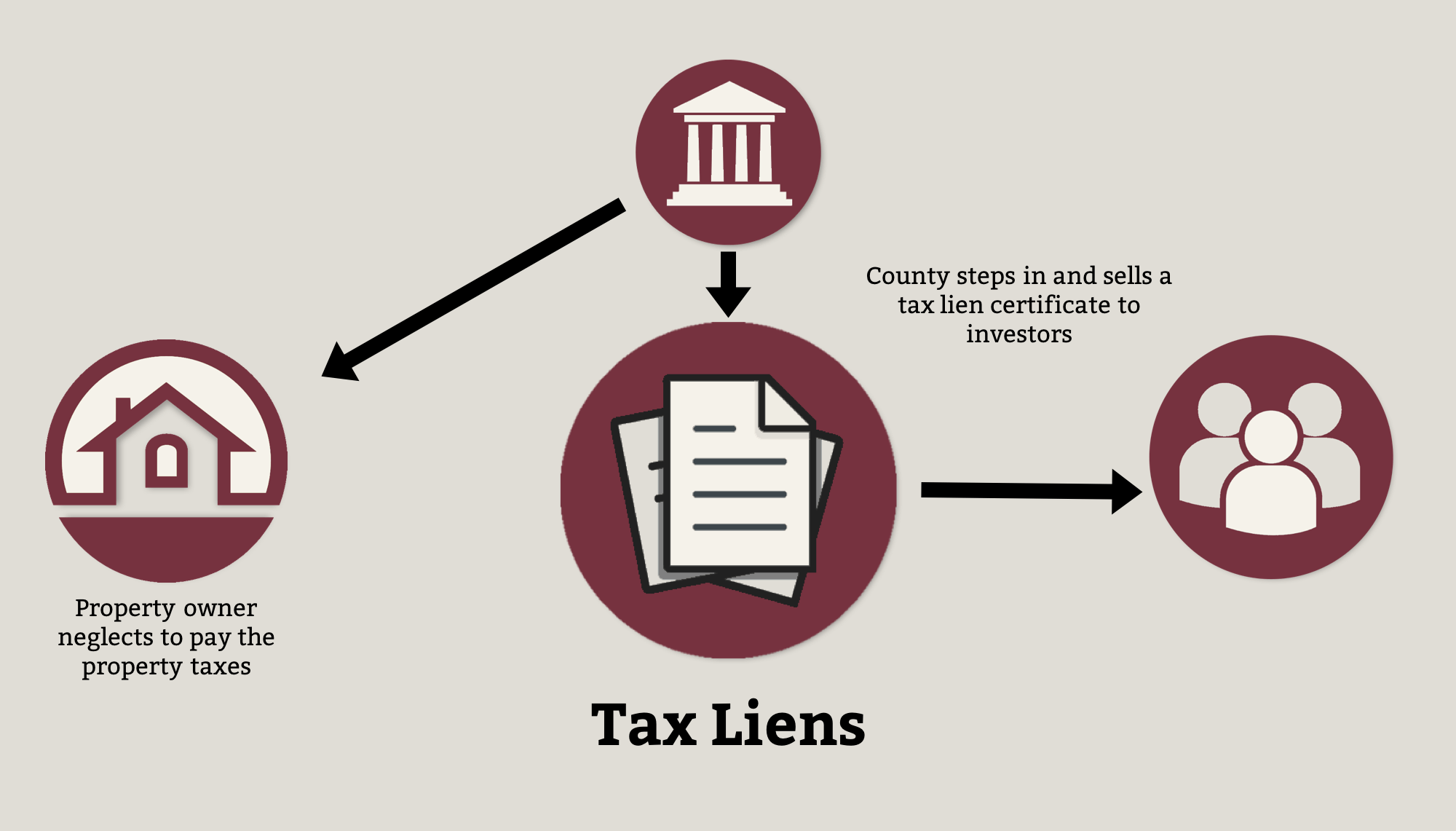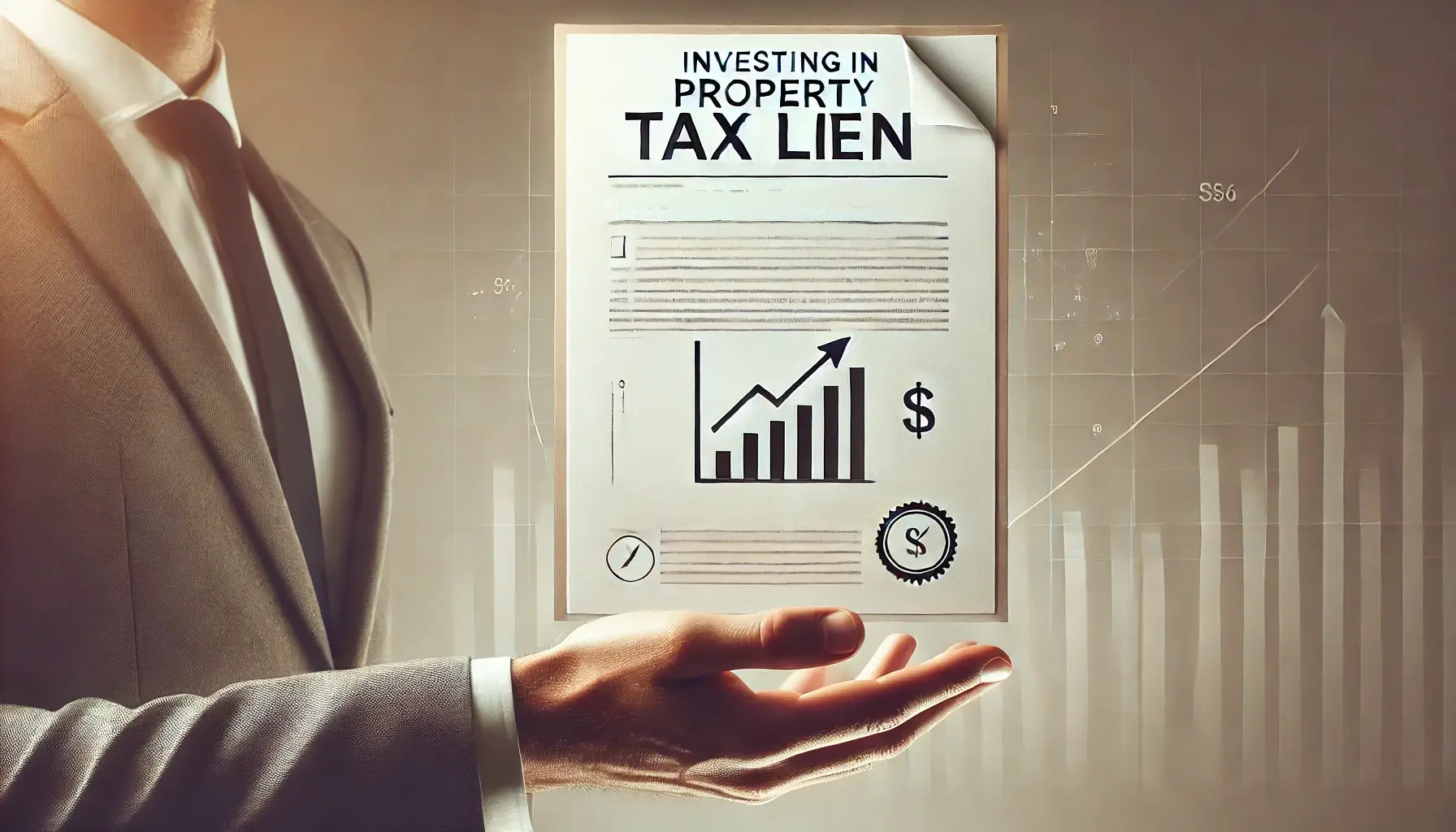All Categories
Featured
Table of Contents

Please familiarize yourself with the web auction treatments and Routt Area's Bidding Rules that will be stuck to at the sale. Enrollment has to include bank information as payment for tax liens is by ACH ONLY. We encourage you to register as quickly as the overdue residential or commercial property list is readily available to make sure that you have time to do research study and make a determination of your bid. Successful bidders at the online sale pay the overall marketed rate (which consists of the delinquent tax, passion, advertising and marketing fee and a$14 certification cost ), as well as a costs bid. Any kind of questions relating to the tax obligation sale procedure or the home taxes being offered need to be routed to the Routt Region Treasurer's Workplace at 970-870-5555. If you desire to read more regarding bidding in the Zeus Public auction System, please click the.

web link to the video clips listed below. When you buy a tax lien sale certificate on residential or commercial property, you end up being a lien owner on the building. In Routt Region, eventual transfer of act has actually occurred in much less than one percent of all purchases. Spending in tax obligation liens with purchases at a tax obligation lien sale is just that-a financial investment. The purchase can be thought about in terms of a potentially long-range C.D. Redemption of the certification is always at an ensured price of return, and can take place up till the moment a Treasurer's Action is provided. The interest rate is established at 9 factors above the federal discount rate since September 1 of that year. All Tax Obligation Sales in Colorado are carried out per CRS 39-11-101 thru 39-12-113 Complying with the tax lien sale, effective prospective buyers will certainly get a duplicate of the tax obligation lien certification of acquisition for each and every building. The tax lien sale Certification of Purchase is just a lien on the property, and does not change hands of the property. The Certificate of Acquisition stands for 15 years from the day of the sale. Interest is gained at the rate specified on the certificate with sections of calendar months considered as whole months. Task costs are$4.00 per certificate. After August 1 of each year, all tax obligation lien sale certificate owners have initial choice to acquire any type of subsequent year's taxes that continue to be overdue. These tax liens will be supported onto the initial certification at the same price of return. An email will certainly be sent out to the capitalist with a Certificate of Redemption for each and every retrieved property. (Upgraded Colorado Changed Laws Effective 7/1/24) The redemption duration is three years from the year of the original tax sale. Certificates offered in 2021 for the 2020 real estate tax are eligible for application of a Treasurer's Act Auction in 2024. It is not needed that three consecutive years of tax obligations be paid, it is only
Tax Liens Investment
required that the initial lien stay overdue three years after the date it was purchased at tax obligation sale. If you want applying, please speak to the Treasurer's Office. There are different demands for the redemption of certificates of acquisition issued on Mobile Homes. If no redemption is made, a Certification of Possession is issued as opposed to a Treasurer's Action, and on a lot of mobile homes the financier can request the Certification

of Possession after one year from the day of sale. Parcels are subject to government, state and regional government guidelines including, yet not restricted to, land use and ecological policies. In the event of a wrong sale, the yearly price of rate of interest shall be two portion points above the price cut rate, rounded to the nearest full percent but shall be no less than eight(8%) percent per annum. Any concerns need to be.
Investing In Tax Liens In Texas
referred to the Treasurer's workplace at 970.870.5555 Each year unpaid taxes on actual estate, mobile homes, minerals and unique analysis homes are sold to investors that attend the sale at the time figured out by the Treasurer. Investing in tax obligation liens through acquisition at the tax lien sale is just that, an investment. Extremely couple of deed transfers happen as an outcome of a tax obligation lien sale. Tax sales are established by state law and held to allow the different authorities and county government to remain to run though some tax obligations are unpaid. The tax sale day undergoes state law and is held after the delinquent tax obligation listing is published in a neighborhood paper for 3 weeks. Anyone that has monies to spend and is.

not a worker of the region or a loved one of any region staff member. Monies can be locked up for an uncertain amount of time. Yearly the Colorado Banking Compensation figures out the price of return. The interest rate is established at 9 points above the government price cut rate for September 1 of that year. The tax obligation lien sale is held in the Kiowa Court in November. The sale is carried out on site as an open auction to the highest possible bidder. The Treasurer's Office wants to make it extremely clear that all sales are made with a warning. Those spending in tax obligation liens do so at their own danger and are advised to work out due persistance in carefully analyzing which tax liens to bid on. To facilitate the bidding procedure, each tax obligation lien is at first provided in thing number order, for the quantity of the tax obligations, rate of interest and charges. The tax obligation lien is sold to the prospective buyer that pays the largest amount. No bids of less than$1.00 increments will be accepted. Premium quotes are quotes in unwanted of the taxes, passion and costs. The Colorado State Financial Payment establishes the price in September for the tax obligation sale.
Robert Kiyosaki Tax Lien Investing
When a homeowner drops behind in paying building taxes, the region or district may put tax lien against the residential or commercial property. Instead of waiting for payment of tax obligations, governments in some cases choose to sell tax lien certifications to exclusive financiers. Your earnings from a tax obligation lien financial investment will come from one of 2 resources: Either rate of interest settlements and late charges paid by house owners, or foreclosure on the property occasionally for as little as dimes on the dollar.
Latest Posts
Tax Overages Course
Tax Defaulted Property Auction
Surplus Funds